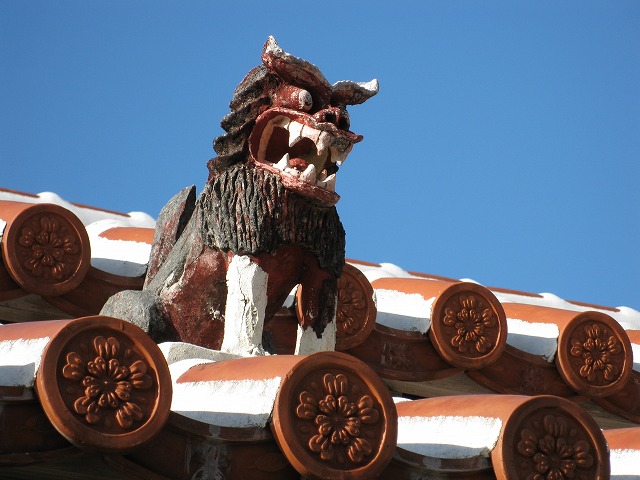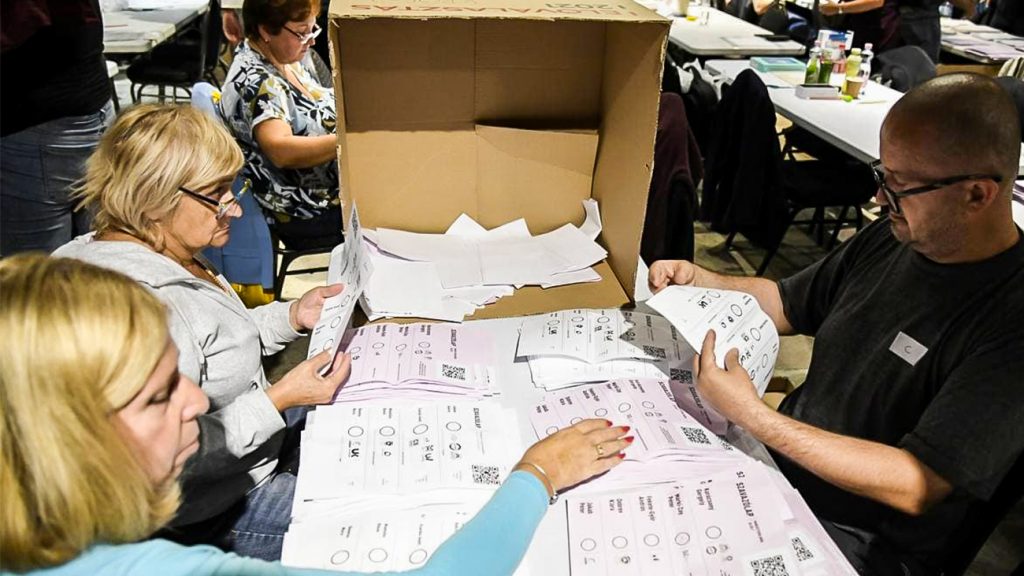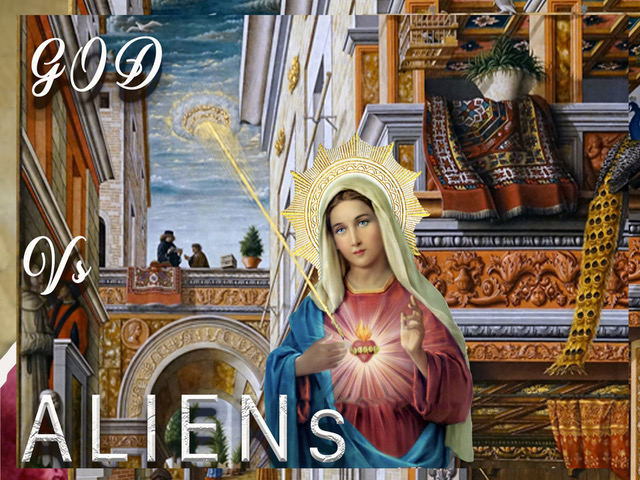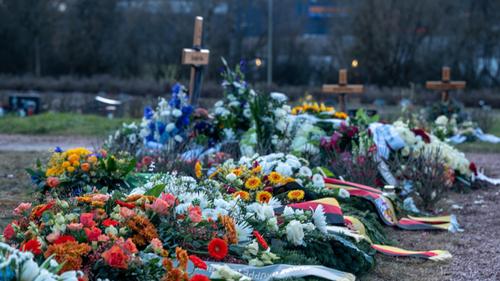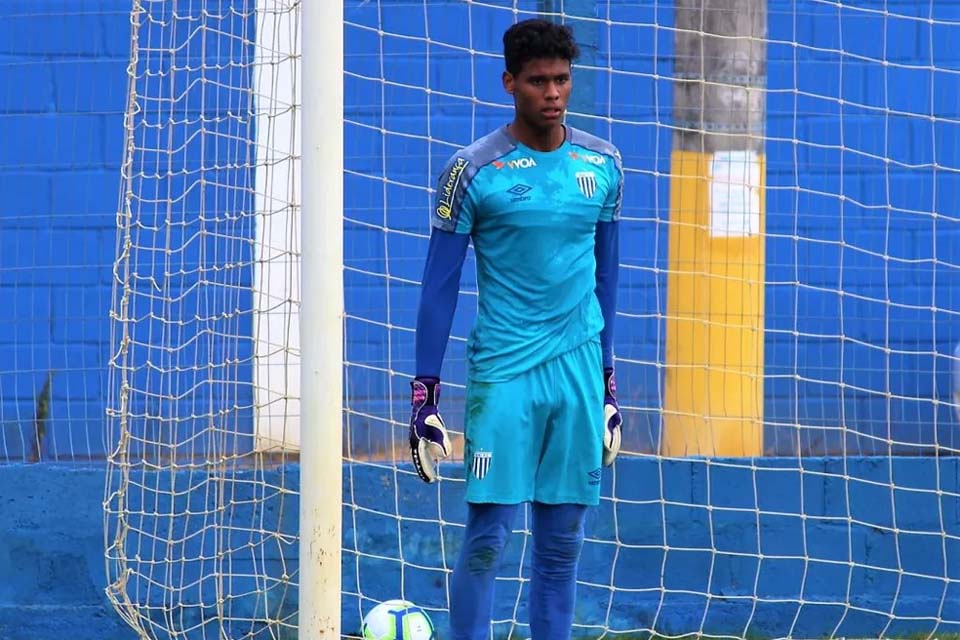Jailed Russian opposition leader Alexei Navalny was convicted of “extremism” charges on Friday following closed prison court proceedings and sentenced to 19 years in a “special regime” prison colony, on top of existing sentences of more than 11 years, all in cases widely viewed as trumped up for political retribution.
But the extreme nature of the sentence — which bars him from family visits or even letters for 10 years — shocked even pro-Kremlin figures. The special regime prison colony, the harshest in Russia’s penal system, keeps prisoners in cells with the lights constantly on, barred from speaking.
“Navalny got horror,” pro-Kremlin analyst Sergei Markov wrote on Telegram. “Isn’t that too much? Why these cruelties? Why can’t Navalny see his wife? He’s not a killer. Rigidity should be applied in other areas.”
In a comment posted on social media after the verdict, Navalny said the brutality of the sentence was designed to frighten Russians and he urged them not to lose the will to resist.
“I perfectly understand that, like many political prisoners, I am sitting on a life sentence. Where life is measured by the term of my life or the term of life of this regime.”
“You are being forced to surrender your country of Russia without a fight to the gang of traitors, thieves, and scoundrels who have seized power. [Russian President Vladimir] Putin must not achieve his goal,” his post said.
The harsh conditions may also prevent Navalny from keeping up his social media presence, maintained through his lawyers and team. Special regime prison colonies are usually reserved for those convicted to life imprisonment and for particularly dangerous repeat offenders.
Navalny, who led the country’s biggest liberal pro-democracy anti-corruption opposition movement, was convicted on charges of creating an extremist community, incitement to extremism, financing extremism, rehabilitation of Nazism, involving minors in dangerous acts and creating a nongovernmental organization that infringes on citizens’ rights.
In fact, Navalny and the Anti-Corruption Foundation that served as the umbrella organization for his activities, mainly focused on investigating vast public graft in Russia and on demanding free, democratic elections.
The Kremlin has effectively crushed Navalny, who is recognized as a political prisoner by Amnesty International, and his supporters. In June 2021, Russian authorities banned three Navalny-linked organizations, including the Anti-Corruption Foundation and his political network, branding them as “extremist” in a move strongly condemned by Amnesty International and other global human rights organizations.
In Navalny’s trial on extremism charges, Russia’s highly politicized justice system reached a new low — a closed trial in a prison inaccessible to the public.
His 19-year sentence was in stark contrast to the court system’s treatment of Eduard Bitarov, a soldier who fatally stabbed his wife 16 times, was convicted of the killing but then freed last month by a military court in Rostov-on-Don because he fought in the war against Ukraine.
The trial was held in an unidentified room in Penal Colony Number 6 in the Vladimir region. News media and even Navalny’s parents were barred from attending, except for 86 minutes on the first day when they were not allowed in the courtroom but watched a video link with barely intelligible sound. A similar video link with poor quality was used for the sentencing on Friday.
At the start of the extremism case, the prosecutor, Nadezhda Tikhonova, demanded that the trial be closed, claiming there was a “security threat,” although it was not made clear what the threat was. Then the video screen abruptly went blank, and court officials later announced that the judge had closed the hearing.
Navalny survived a poisoning attack in August 2020 carried out, according to the U.S. State Department, by Russian security agents.
In March, “Navalny,” a film about how Navalny and his team unmasked the Russian operatives responsible for the poisoning, won the Oscar for best documentary feature.
After recovering at a hospital in Germany, Navalny in January 2021 returned to Moscow where he was imprisoned for more than two years on alleged probation violations. Last year, he was convicted of fraud charges and sentenced to an additional nine years. Navalny has denied all wrongdoing, describing the charges as political. The European Court of Human Rights also found that he was wrongfully prosecuted.
In his final statement to the court during his most recent trial, Navalny said all Russians knew that a person facing a court was “completely defenseless,” without hope of justice. He described a Kafkaesque scene with 18 people in the court, including the judge, prosecutor, his lawyers and seven guards with their faces covered in black masks. The speech was released by his team.
The chairwoman of Navalny’s Anti-Corruption Foundation, Maria Pevchikh, said on YouTube after the verdict that her team had in its possession the 50,000 page secret trial documents in the case against him, where there was no evidence of any crime.
“They didn’t even try to compile a real case,” she said, displaying pages that included a photo of snowmen holding anti-Putin placards, an article about Navalny in the Hill and other content on the site including the “who we are” section, photos of Madrid’s airport posted online by Navalny team member Leonid Volkov and a photo of Navalny’s co-defendant Daniil Kholodny, holding a copy of Time magazine with Navalny on the cover.
She said Putin wanted to bury Navalny in prison. “No one should talk about him. No one should remember him,” Pevchikh said.
But she continued, “Even from the darkest hell on Earth, from the prison where he’s being slowly tortured to death, Navalny’s voice is still heard.”
In a statement Thursday, Navalny said another case being prepared against him — on terrorism charges — would potentially add another decade, although the law may limit his imprisonment to 30 years.
Navalny said the case was being ignored on state television because to the average citizen, a hefty sentence for “extremism” in a case without victims and consequences “will seem obviously unfair to him, and he will secretly sympathize.”
“There is no shame in choosing the safest way to oppose. There is shame in doing nothing,” Navalny said. “It’s shameful to let yourself be intimidated. Whatever sentence they have planned, it won’t achieve its goal if you understand what it’s all about and answer, ‘I’m not afraid,’ with a daily coldblooded, albeit small, contribution to the fight for freedom in Russia.”
Navalny, who suffers from severe back pain, has lost 17 pounds in prison and appears gaunt and hollow-cheeked, yet he managed to smile during Friday’s sentence.
Since his imprisonment he has been repeatedly handed harsh punishments — sent at least 15 times to a solitary confinement cell with a cup, stool and one book, and a bed that is folded up during the day, for trivial offenses, such as failing to do up his top button, or washing his hands a few minutes too early. Every evening, a radio speaker blasts out the same Putin speech, that cannot be turned off.
Throughout his prison term, he has maintained a social media presence, detailing the petty punishments and cruelty of the prison authorities, often conveying dark humor but refusing to show despair. He has lampooned Putin as a mediocre old man, quivering in his bunker, afraid of his own people.
He has constantly exhorted Russians to do whatever they can to resist Putin’s regime, and expounded on his dreams of a country where Russians are not only free, but happy. But people must be willing to make sacrifices for that to happen, he said in his final statement.
“Not everyone has to go to jail. It’s more like a lottery, and I pulled out such a ticket. But everyone has to make some sacrifice, some effort.”
He has mused about the meaning of life and the importance of religious faith, of telling the truth and doing what is right, no matter how hard it is to bear the consequences.
“I love Russia,” he said in his final statement. “My intellect tells me that it is better to live in a free and prosperous country than in a corrupt and impoverished one.”
He added, “A country without fair trials will never be prosperous. So now my intellect says again, it is reasonable and right of me to fight for an independent court, fair elections, to be against corruption, because then I will achieve my goal and be able to live in my free, prosperous Russia.”
Despite his trial on extremism charges, his team, which is operating mostly from Vilnius, Lithuania, announced plans for an international protest action on Aug. 20, “Putin is a killer,” which calls for demonstrations “against the bloody dictatorship he built and the monstrous war he unleashed.”
At times, writing about his decision to return to Russia and fight for political change, knowing he faced a certain prison term, Navalny compared himself to an explorer in a space ship, taking off, full of optimism, hoping to voyage “to a beautiful new world.”
His cell was like a small, spartan space ship, with food delivered by an automated cart, and shiny metal plates and spoons.
“Yes, space travel is dangerous. You could arrive and there’s nothing there. The flight could be much longer due to a navigational error. An accidental asteroid could destroy the ship and you could die,” he said. “But often, help comes. A friendly signal. Hyperspace tunnel hop, and you’re there. Hugging your family and friends in a beautiful new world.”
Understanding the Russia-Ukraine conflict
Note: This article have been indexed to our site. We do not claim legitimacy, ownership or copyright of any of the content above. To see the article at original source Click Here








